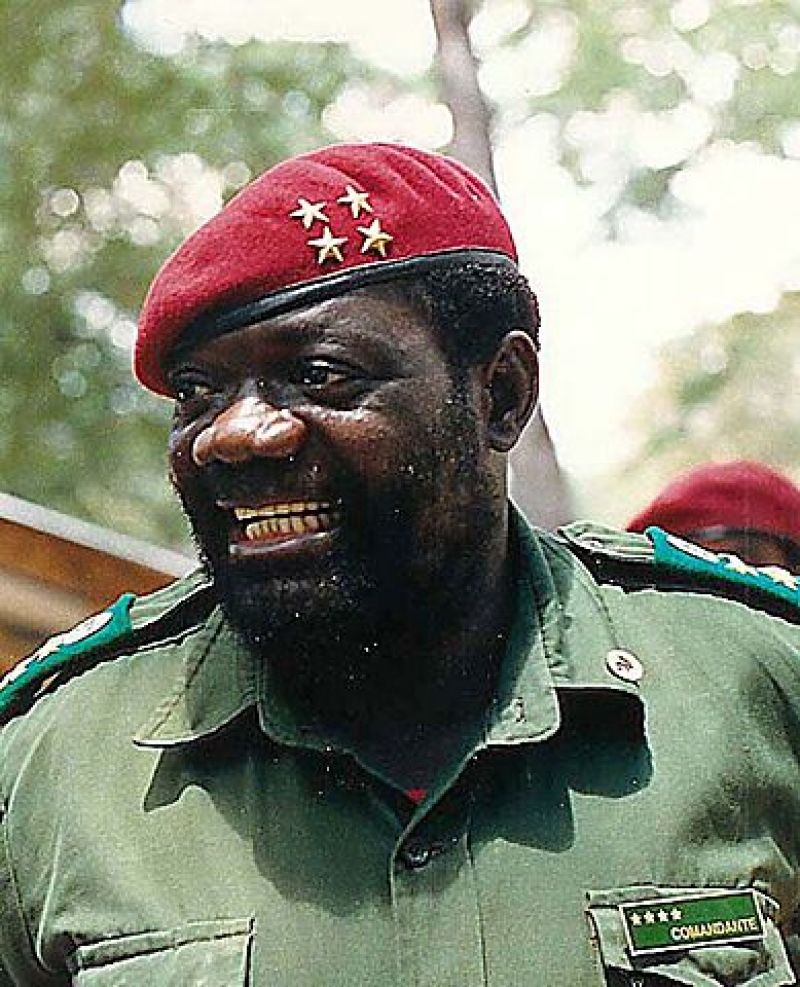
More than a year after Activision was sued by former Panamanian dictator Manuel Noreiga due to his depiction in "Call of Duty: Black Ops II," the game publisher is facing another lawsuit filed by the family of a historical figure.
In the lawsuit, the family of Jonas Savimbi, the rebel leader of the National Union for the Total Independence of Angola, is suing the French division of Activision for around $1 million due to his portrayal in the 2012 game, The Guardian reported.
According to the family's legal representative, Carole Enfert, the shooter depicted Savimbi as a murderous barbarian. The lawsuit stressed that Savimbi, who passed away in 2002, was a military strategist and a political leader.
However, Activision noted that the lawsuit does not have merit because Savimbi was actually portrayed as a "good guy" in the game. Eurogamer reported that the rebel leader is featured in the Pyrrhic Victory level of "Black Ops 2" and one of his memorable moments in the game is ordering his soldiers to kill as many enemy troops as possible.
The case is very similar to what the game publisher faced in 2014 when Noriega sued the company for portraying him as the perpetrator of heinous crimes in the game. But, a judge in California ruled in favor of Activision and said the contents of "Call of Duty: Black Ops II" is protected by the Constitution.
This ruling is an important victory and we thank the court for protecting free speech," ex New York City Mayor Rudy Giuliani and the lawyer for Activision in the case said according to CNN.
However, since the lawsuit filed on behalf of Savimbi was submitted in France, the new case might have a different outcome.
According to lawyer Alex Tutty who specializes in similar cases, France has strict laws regarding the portrayal of well-known figures.
"In cases such as this, where a well-known person is either depicted or has provided inspiration for a character, it is not surprising that someone aggrieved by it is able to formulate the basis of a legal argument," he told The Guardian.
"A claim for defamation of a dead person is notoriously difficult and can be impossible depending on the territory," he added. "France does have laws that permit a defamation action in the case where the alleged defamation affects the deceased person's relatives in that it causes them suffering or reflect upon their reputation."


















